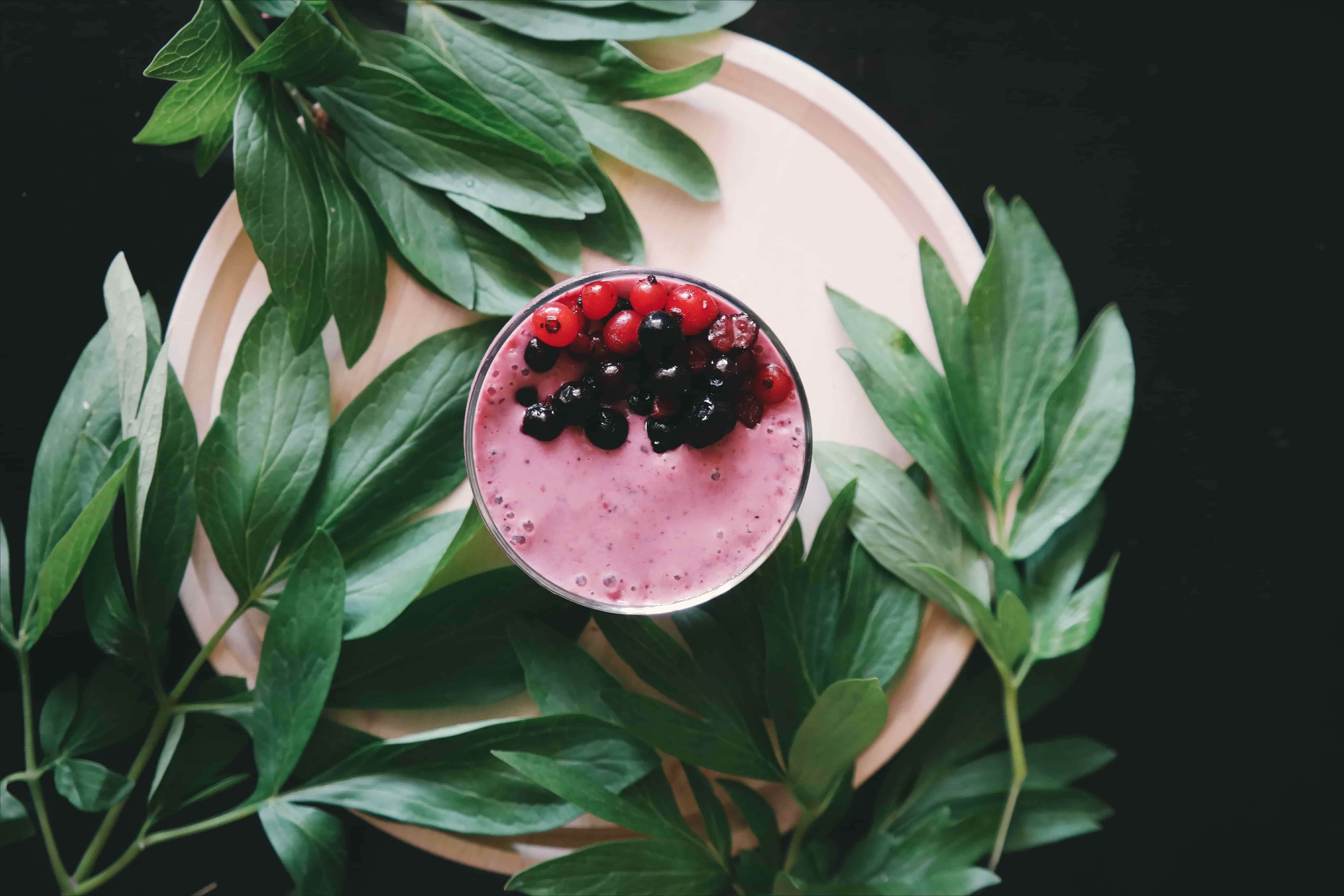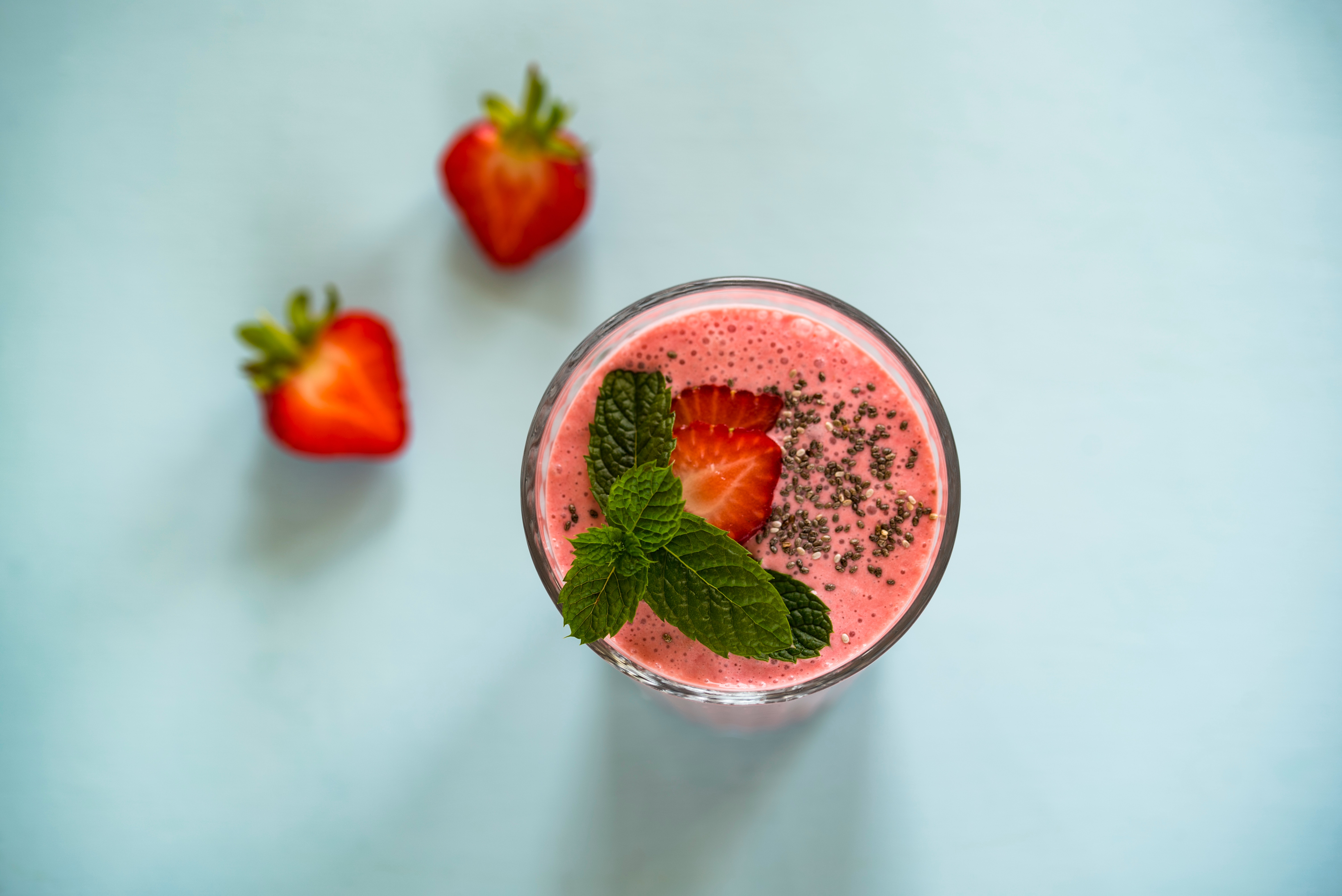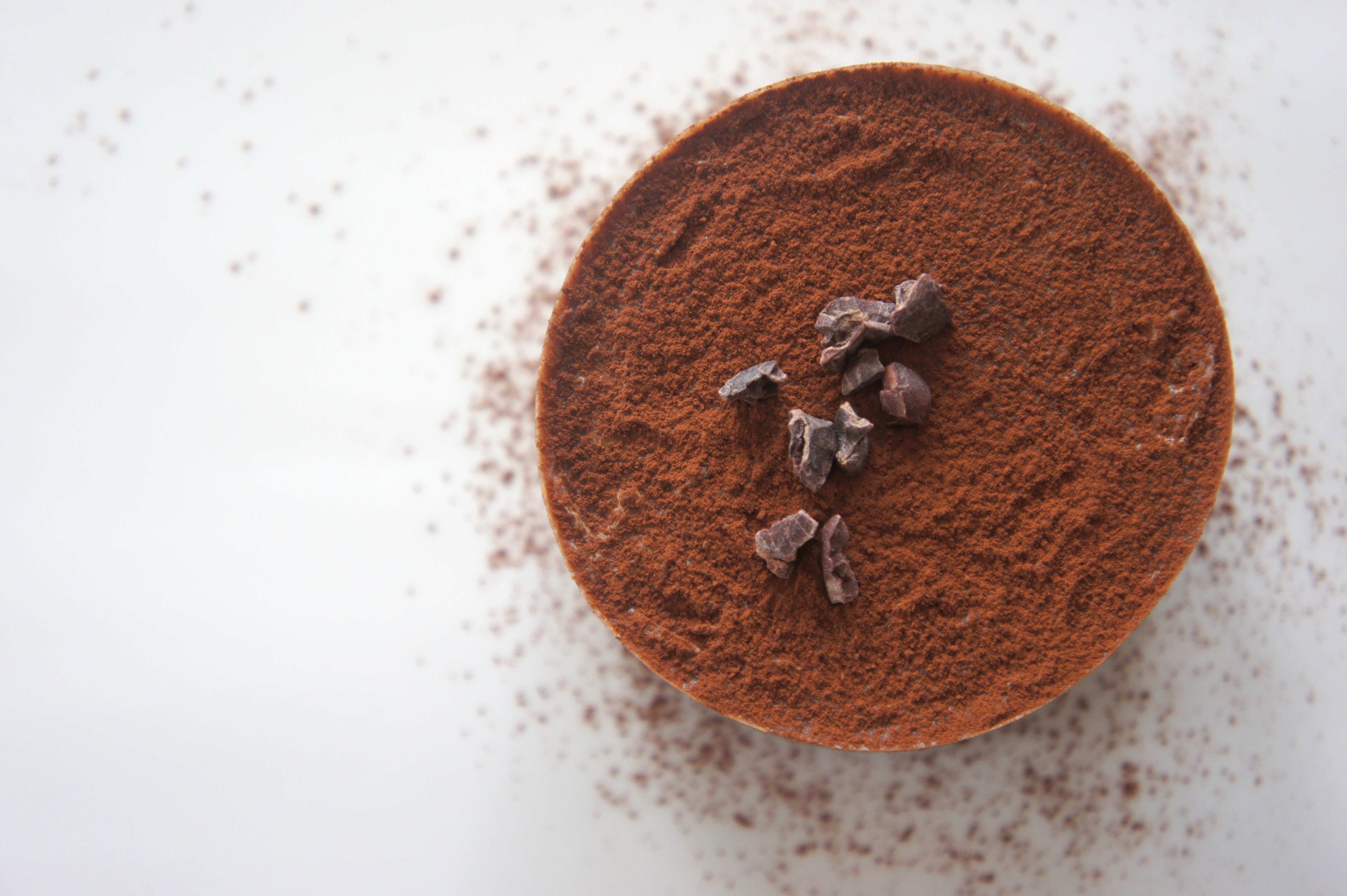fitness
Looking for A Protein Powder That Tastes as Good as it Looks in 2024? Here's Everything You Need to Know
On This Page

A simple guide to finding the best tasting protein powders that serve your health goals
So you’ve decided to get into protein powder. Welcome to the club! Now comes the hard part: picking one. Walk into any vitamin store, or even just search “protein powder” online, and the options available are more than you could have ever dreamed of. You just wanted a protein powder, but now you’re learning a whole new vocabulary. To help you find the best protein powder for you, and specifically, the best tasting one, we’ve put together this guide to make the process a little easier.
1. Choosing based on brand
Is there a specific brand that you trust? If you’re no stranger to supplements, chances are you have a preferred brand. Check to see if they make a protein powder!
2. What type of protein would you like to take?
Should you choose casein or collagen, whey or plant-based? Depending on your dietary preferences, you may feel more strongly toward one specific type of protein. Not sure what the differences are? Check out our article on the best protein powder for women and for men, which can help explain the differences between these types.
3. Do you need a complete protein, or a more specialized kind?
Are you looking to target specific health goals, or are you looking for more general health benefits that protein powder can provide? Proteins that are labeled as “complete” contain the 9 essential amino acids that the body is unable to naturally produce, and can therefore only gained through diet or supplementation. We recommend complete proteins for those who are looking for a broad range of health benefits, such as weight management, muscle recovery after exercise, bone, muscle, skin and tissue maintenance, among others. Incomplete proteins on the other hand often are combined with other incomplete protein sources in attempt to create a complete protein profile. Some incomplete protein sources may have support specific health goals basde on which amino acids are present in the highest quantities. These specific health goals of course vary depending on the protein, but an example of this would be collagen, which is an incomplete protein but is recommended for those interested in hair, skin, and nail health.
4. How many grams of protein are you looking for in each serving?
Depending on your health goals and price points, you may want a powder that has a higher or lower amount of protein per serving. Protein powders generally come in three common forms: protein concentrate, protein isolates, and protein hydrolysates.
Of the three, isolates contain the highest percent of protein, as powders that contain isolates generally are 90-95% protein. This is because isolates are engineered so that other non-proteins are removed from them, to “isolate” the key proteins. Isolates generally have less calories than its other two counterparts, making isolates an ideal choice for those looking to take protein powder to help with weight management.
Protein concentrates are 60-80% protein, and while they do contain more grams of fat and carbohydrates than isolates, they have the added benefits of the subsequent nutrients which come from those extra grams, such as conjugated linoleic acids (CLAs). That being said, these extra carbohydrates found in protein concentrate are able to support transforming protein into muscle more quickly, making protein concentrates appealing to anyone looking to use protein powder to build their muscle mass.
Hydrolysates on the other hand, are often described as having a bitter taste, but the trade off is that they are able to be absorbed more quickly than its counterparts. Similarly to isolates, they are designed with the excess non-proteins removed, but the taste is slightly more acquired. We recommend these for users looking to build muscle strength and size quickly in combination with resistance training.
5. Do you have any dietary restrictions?
Whey, casein, and collagen are but a few of the protein powders that are not vegetarian, which you may not even have realized! If you follow any kind of restrictive diet, make sure that the powder you are considering matches up with it.
Plant-based protein powders, which typically include protein sources from peas, pumpkin seeds, hemp, and more, are a great way for vegans to get a complete protein powder without having to consume any animal products. Soy and brown rice proteins are fantastic alternatives as well, although brown rice is an incomplete protein, and research for the benefits of soy protein is mixed.
There is a protein powder for every dietary restriction, whether you are dairy-free, egg-free, vegan, or vegetarian, so make sure you find the niche that works best for you.

Perhaps the biggest, and most overlooked essential question you should ask yourself is, lastly, taste. When you make your meals each day, order in take-out, or go to the grocery store, the common denominator in your decision is whether or not what you consume fits your tastes. Every day you choose between coffee or tea, milk or cream, shirts or sweaters, soup or salad, swiping left or right, simply based on your preferences. If you’re making a sandwich, you want to include flavors that you like - if you’re making a protein drink, it should be the same.
Though we believe that you should absolutely educate yourself first on how to select a protein powder, and support brands that are transparent about their products and only use quality ingredients, there is no reason why this means you have to sacrifice flavor! In fact, here are some of our favorite protein flavors, that are commonly found as options for high quality powders.
Vanilla flavored protein
Classic for a reason, some of the best protein shakes can be made with vanilla protein powders. Derived from the orchids of the Vanilla genus, vanilla’s simple yet rich flavor lends itself well to protein powder, whether adding that subtle sweetness that hints at dessert, or balancing out a more fruit-centric palette.
We love mixing our vanilla protein powders with fresh ingredients such as bananas or berries, but check our some of our favorite protein shake recipes here:
All of these are great ways to start your day, or to refuel after a workout, depending on what you mix and when you want to take them! That being said, Vanilla is generally a sweet flavor, so if you’re particularly sensitive to sweetness, perhaps an unflavored option would be better suited to you.

Chocolate flavored protein
There’s a reason why the word “chocoholic” exists, or why it is a key part of three major holidays (Valentine’s Day, Easter, and Halloween). In one word, it’s indulgent, and can’t be replaced by any other flavor (sorry, caramel!). Sourced from ground cacao beans, chocolate has been a delicacy and treat since the ancient Olmecs of southern Mexico, as early as 1500 B.C.
Whether mixed into a shake with bananas and peanut butter, made into popsicles topped with coconut, or even just adding an extra chocolatey protein kick, chocolate protein powder can help you reach your protein goals without having to sacrifice your sweet tooth.
Just take it from our HR manager Kelsey: "I love nutty, caramel, and chocolate anything so I always go for chocolate protein powder. It's a comforting and familiar taste when I'm on a health kick, and I love to add it to my afternoon protein shake!”
Other protein flavors to consider
Many companies these days approach protein powders with the same enthusiasm as an artisanal pastry chef –– for many, it’s all about flavor combinations, and moving past your traditional chocolate and vanilla. Rule of thumb for protein powders: nearly any dessert you could imagine is now a protein powder flavor. Whether it’s chocolate banana, cereal milk, orange creamsicle, or traditional pumpkin pie, there’s a protein powder version that you can throw into your daily shake.
That being said, double-check the labels on these ones before purchasing, as protein powders with more artificial flavors are often sweetened with substances such as maltodextrin, dextrin, stevia, or sucralose. If you are trying to avoid artificial or added sugar, definitely be sure to stay clear of any powders with those sweeteners on the label.
And of course, make sure that this is something you’ll be excited to stick with. You will be tasting this flavor a lot, so you’re going to want one that you’ll look forward to. Most of these more unique flavors come in larger tub sizes, so be sure that you’re ready to commit to a daily birthday cake shake before purchasing an entire tub.
Unflavored protein
Maybe you’re someone without much of a sweet tooth, or someone who just wants their protein shakes to taste like, well, protein shakes! Not to worry, there are plenty of unflavored protein powders out there to ensure that you’re still getting your protein boost, without any superfluous flavors.
“I prefer an unflavored protein powder so that I’m not locked into one flavor when I buy mine. Sometimes I just want my shake to taste like the fruit I add to it. I can always add chocolate or vanilla if I want later!” says Care/of CX associate Bryce.
Unflavored protein powders are probably the best option for people who want to be able to add protein to different meals, so that they don’t always have to be a sweet treat.
Choosing a protein powder flavor is like going out for ice cream––they come in your classic chocolate or vanilla, can be made vegan, and even come in more nontraditional flavors if you’re feeling more adventurous. To supplement properly, make sure you’ve selected a powder whose brand and ingredients you trust, helps to fulfill your health goals, and most of all, tastes good. Bon appétit!



